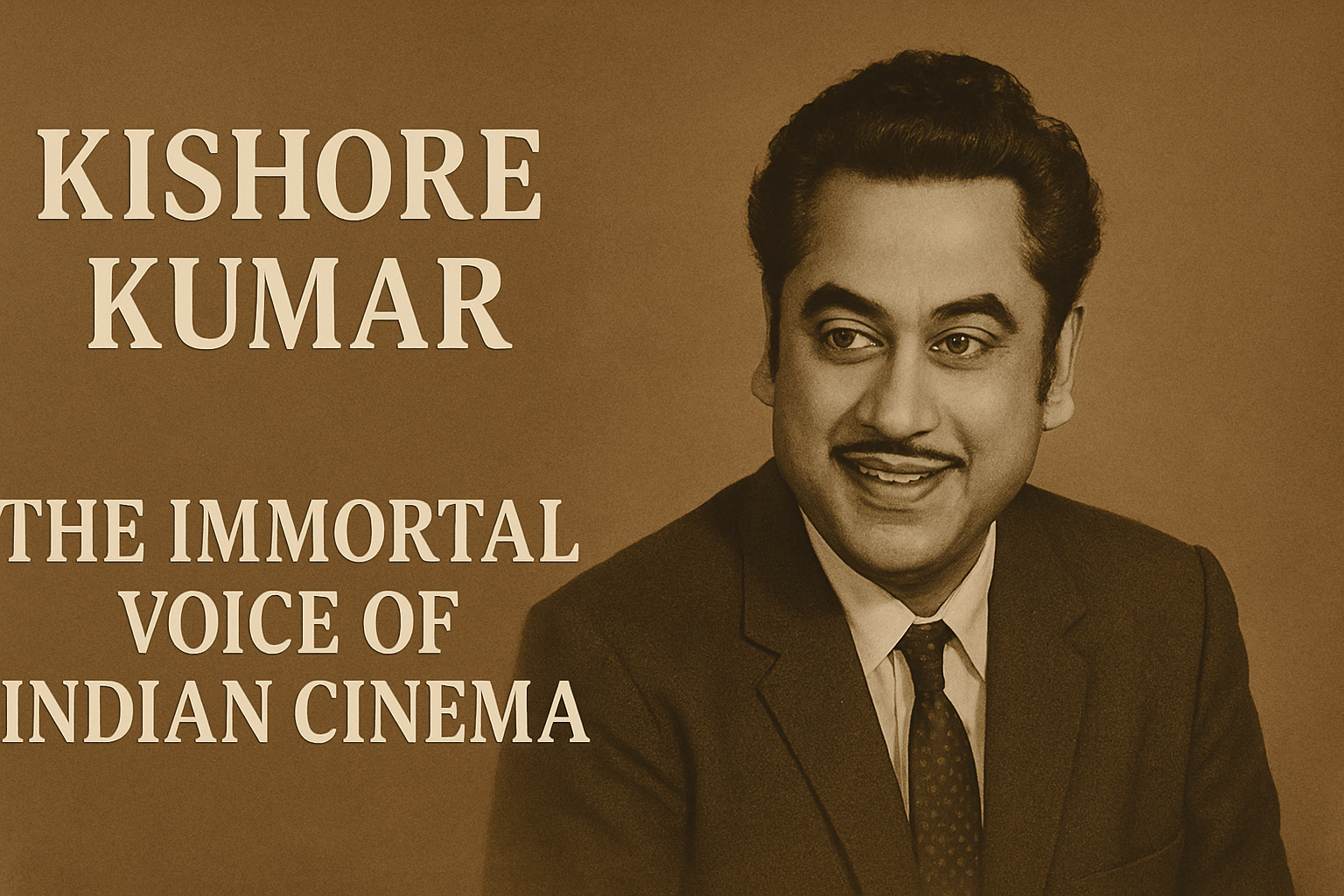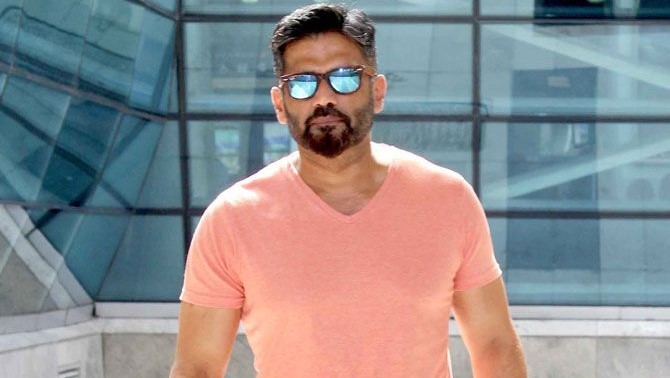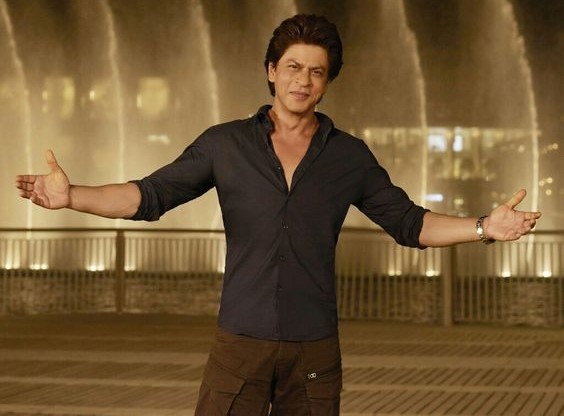
Kishore Kumar, who was born Abhas Kumar Ganguly on August 4, 1929, in Khandwa, Madhya Pradesh, is one of the most enduring and versatile figures of Indian cinema. A man of multifaceted talent — playback singer, actor, composer, lyricist, director, producer, and screenwriter — Kishore Kumar established a niche which none have been able to match. His legacy cuts across generations, and even decades later, his voice resonates in the hearts of millions.
A Journey from Actor to Singing Legend
Kishore Kumar didn't start his Bollywood career as a singer, but as an actor. His older brother, Ashok Kumar, was already a seasoned actor, and Kishore too followed suit. He acted in quite a few movies in the 1950s, including successes like Chalti Ka Naam Gaadi, Half Ticket, and Padosan, where his flawless comedic timing and quirky style earned him household fame.
But it was his voice — distinctive, expressive, and emotive — that really made him stand out. He received no formal training in classical music, and this made his achievement all the more remarkable. His own natural gift to express profound emotion with his singing, whether love, sadness, or happiness, is what drew both directors and audiences to him.
His first success as a playback singer was achieved with the song Marne Ki Duayen Kyon Mangu from the film Ziddi (1948), but it was in the 1970s that his singing career reached new heights. With the emergence of superstar Rajesh Khanna, Kishore Kumar's voice became the face of the period hero. His songs, such as Mere Sapno Ki Rani, Roop Tera Mastana, and Kuch To Log Kahenge, became instant hits.
The Voice of the Stars
Kishore Kumar was the voice behind some of Bollywood's largest stars — from Dev Anand and Rajesh Khanna to Amitabh Bachchan and Rishi Kapoor. His talent for modulating his singing style to meet the persona and acting style of the actors made him unavoidable. Every song that he sang felt specially crafted, with subtle nuances and emotions that gave characters life.
His work with music directors such as R.D. Burman, S.D. Burman, and Laxmikant-Pyarelal yielded some of the greatest songs in the history of Hindi cinema. Whether it was the melancholic Zindagi Ke Safar Mein Guzar Jaate Hain Jo Maqam, the sentimental Pal Pal Dil Ke Paas, or the carefree Ek Chatur Naar, Kishore could do them all.
A True Eccentric
Kishore Kumar was notoriously eccentric and reclusive. Famous for his mercurial temperament and unwillingness to fall in line with Bollywood's norms, he would quite often walk away from gold-bricking opportunities if he was not in the mood. His wit and quirks became the stuff of myth — such as putting up signs outside his home announcing "Beware of Kishore" or singing songs in the most unlikely of methods.
Even with his strangeness, his dedication to his craft was unshakeable. He cut some of his greatest tunes in one take, imbuing them with raw emotion that could not be repeated.
Legacy
Kishore Kumar died on October 13, 1987, but his memory remains. New generations still find his music, and his songs still rule the playlists and radio waves. With the current trend of auto-tuned voices and over-produced music, his genuine, heartfelt voice is a gold standard.
He was awarded eight Filmfare Awards for Best Male Playback Singer — a record at that time — and is still one of the most feted artists of Indian music history.
Kishore Kumar was not just a singer — he was a phenomenon. A man who broke rules and did as he pleased, he gave Indian cinema a voice that could make hearts cry, laugh, and fall in love. His music was ageless, his voice immortal, and his spirit invincible. With each song he sang, Kishore Kumar left behind a part of his soul — a gift that will be eternal.
On August 12, 2025, today, Bollywood's bubbly and lovable actress Sara Ali Khan is turning 30. Within a short span of time, Sara has created a niche for herself in the Indian film industry — balancing legacy, brains, and a down-to-earth personality which fans cannot but admire.
August 11 is the birthday of Bollywood's favorite and versatile heartthrob — Suniel Shetty. As he turns another year older, the fans worldwide are pouring in their birthday wishes for the actor who has made an indelible mark on Indian cinema through his rough-around-the-edges looks, fitness, discipline, and down-to-earth personality. From his action-oriented roles in the '90s to his transformation into a producer, entrepreneur, and family man, Suniel Shetty's journey is inspiring and praiseworthy.
A heartthrob comedian actor of Bollywood, Paintal is a name that immediately brings to mind laughter, humour, and those signature facial expressions that are nowidentified with light-hearted Indian cinema. Down the decades—from the golden days of the 70s and 80s to the modern era of ever-changing entertainment—Paintal has made a niche for himself and has cemented a niche for himself in the hearts of Hindi movie lovers and television viewers across the country. His life is a reminder of how a genuine artist, by sincerity and talent, can leave behind a legacy much greater than the central characters.
Shah Rukh Khan, sometimes referred to as the "King of Bollywood" or the "King Khan," is not only a movie actor—he's an phenomenon. Starting from the thin alleys of Delhi to the massive platforms of world cinema, SRK's tale is the quintessential underdog story. His achievement is not a product of luck or inheritance; it is based on persistent hard work, good decision-making, aggressive ambition, and an unbreakable faith in dreams. What did Shah Rukh Khan actually do right to ascend to the pinnacle of one of the most cutthroat movie industries in the world?
Lights Camera Audition!
Don't miss out on the latest updates, audition calls, and exclusive tips to elevate your talent. Subscribe to our newsletter and stay inspired on your journey to success!







